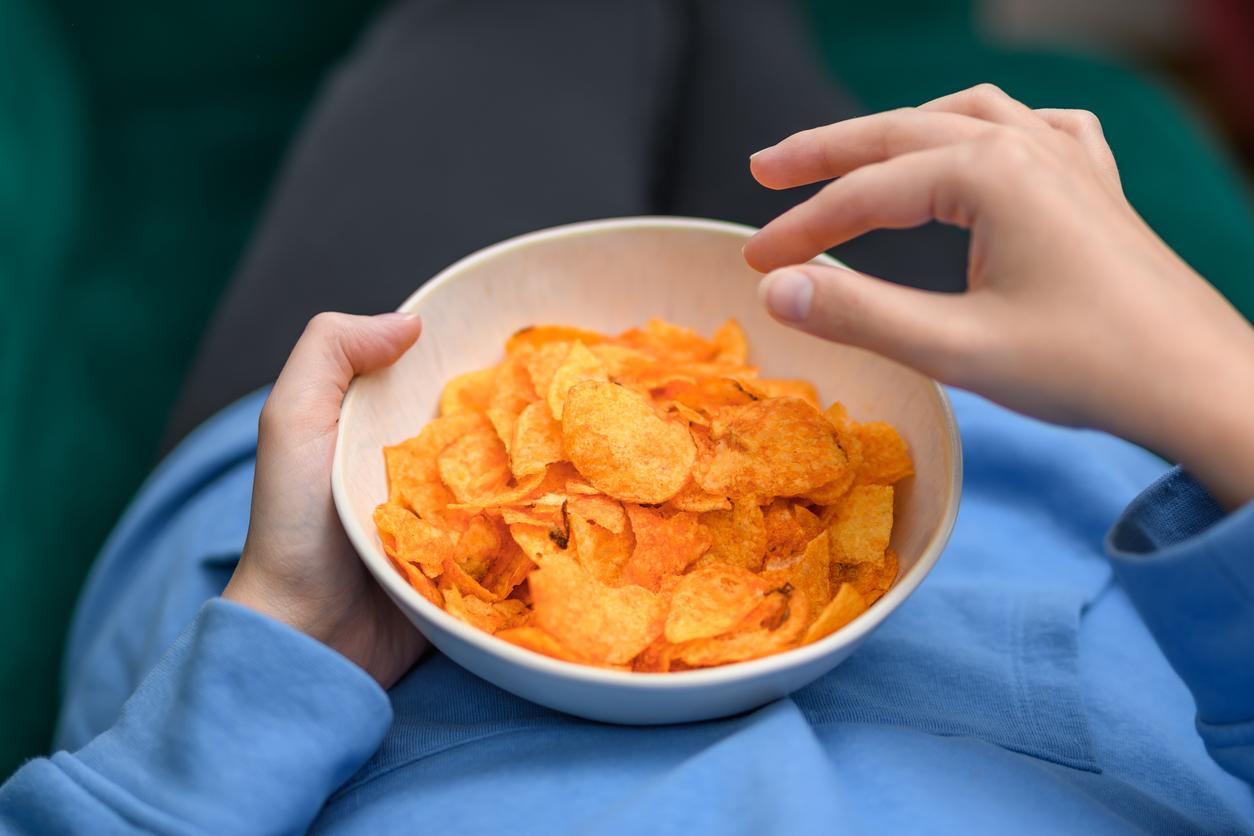
The effect of this creamy fruit on your weight
Although there is a lot of positive news about the avocado, you also hear that the avocado is a fattener. Do you really get fat from this creamy fruit?
The avocado is a unique fruit. In contrast to other fruits, the avocado contains relatively much: a lot of fat, dietary fiber and energy or kilocalories. After all, where there is a lot of fat, there are also a lot of calories.
a lot of fat
Fat contains at least twice as many kilocalories per gram as carbohydrates or proteins. Someone with a daily energy requirement of 1,500 kilocalories needs at least 33.3 grams of (total) fat daily. One avocado contains about 35 grams of fat, so for many people one avocado already contains more fat than they need on a daily basis. And that doesn’t include the fats from your other snacks and meals.
Healthy Nutrients
Among dieticians, nutritionists and food scientists, the quality of the calories and fats you consume every day is increasingly considered to be more important than the quantity. The avocado provides healthy nutrients. Although the avocado provides many kilocalories, it does fit in a healthy diet.
Filled feeling
The fact that the avocado leads to a feeling of fullness also makes it easier to forgo tempting sweets and snacks. As long as your overall diet is healthy, and you don’t consume too many calories, you don’t have to see the avocado as a fattener.
Getting started with avocado
Some tips for the avocado lover:
- The key to a healthy diet is variety, so there’s no need to eat an avocado every day. Alternative sources of unsaturated fat are, for example, unsalted nuts (paste) and fish (spread).
- Keep up to half an avocado at a time. Also eat a second piece of fruit that day, such as an apple, banana or kiwi. By using water or lemon juice, and leaving the pit on, you can (largely) prevent the other half of the avocado from turning brown.
- Avocado goes well with vegetables, such as cherry tomatoes and peas. For example, make an avocado vegetable spread or (Mexican) guacamole. This is delicious on bread or with raw vegetables.
Nutritional values of one average avocado (180 grams)
| Nutritional values | 1 avocado | percentage of daily requirement * |
|---|---|---|
| Energy (kcal) | 358 | 17.9 |
| Carbohydrates (grams) | 3.2 | 1.6 |
| Protein (grams) | 3.4 | 7.6 |
| Fats (grams) | 35.1 | 52.7** |
| – of which saturated (grams) | 4.0 | 18 |
| – of which omega-3 fatty acids; alpha-linolenic acid (grams) | 0.13 | 5.7 |
| – of which omega-6 fatty acids; linoleic acid (grams) | 2.7 | 60.8 |
| Dietary fiber (grams) | 7.7 | 25.8 |
| Vitamin A (µg) | 18 | 2.3 |
| Vitamin C (mg) | 10.8 | 14.4 |
| Vitamin D (µg) | 0 | 0 |
| Vitamin E (mg) | 5.8 | 64.4 |
| Vitamin K (µg) | 37.8 | 36.0 *** |
| Potassium (mg) | 678.6 | 20.6 *** |
| Magnesium (mg) | 45 | 14.3 |
* Based on 2,000 kilocalories (kcal) per day. Note: this is not the same for everyone.
** The maximum recommended amount of (total) fat depends on a person’s weight. The lower limit of the recommendation for overweight people is 30-35 energy percent. 30 percent of 2,000 kcal = 600 kcal. 1 gram of fat is 9 kcal. 600 kcal / 9 kcal = 66.7 grams of fat. (35.1 grams of fat from 1 avocado / 66.7 grams of fat) * 100 = 52.7 percent of the daily requirement.
*** In the Netherlands there are no recommended amounts for vitamin K and potassium. This article therefore uses an American guideline (for vitamin K) and a Scandinavian guideline (for potassium).
Sources):















